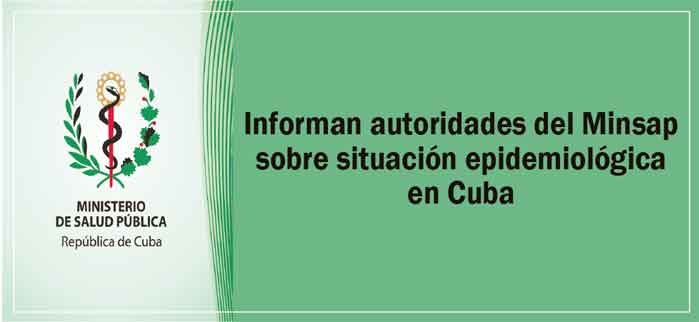The Ministry of Public Health of Cuba confirmed the presence of the Oropouche virus in 9 provinces and 23 municipalities, based on samples studied in the national reference laboratory of the Pedro Kourí Institute of Tropical Medicine.
Dr. Francisco Durán, National Director of Epidemiology of the ministry, explained that through monitoring and surveillance actions of non-specific febrile syndromes, these cases were identified in Matanzas, Mayabeque, Villa Clara, Sancti Spíritus, Ciego de Ávila, Holguín, Guantánamo, Santiago de Cuba and Cienfuegos.
The communication, published on the ministry’s website, states that all have evolved favorably, with improvement in symptoms between the third and fourth day of the onset of the disease.
The clinical picture as a consequence of the disease is mild, preceded by an incubation period of five to seven days, which is characterized by fever, headaches, muscle and joint pain, and sometimes vomiting and diarrhea.
According to Durán, it is observed that on the sixth day a condition similar to the initial one appears, leaving no sequelae and not associated with the appearance of serious forms or deaths.
He explained that there is no specific treatment, only general measures to alleviate the symptoms; while insisting on the importance of always going to the doctor in situations like those he describes.
The Oropouche virus is transmitted by mosquitoes of the genus Culex and diptera of the genus culicidae (Jejen culicoide), characteristics that complicate the epidemiological scenario on the Island and its control; together with the inadequate environmental conditions, in addition to the current high temperatures and increased rainfall in the country.
For Dr. Durán, the most important thing is the participation and cooperation of the population. In case of fever, headache, joint pain, general malaise, diarrhea and vomiting, the patient must immediately go to the doctor.
Likewise, he urged compliance with the home or hospital admission measures as appropriate; supporting and carrying out own sanitation initiatives in homes, workplaces and their surroundings; as well as contributing to the campaign operators in each location in the execution of focal and/or adulticide treatment actions.


